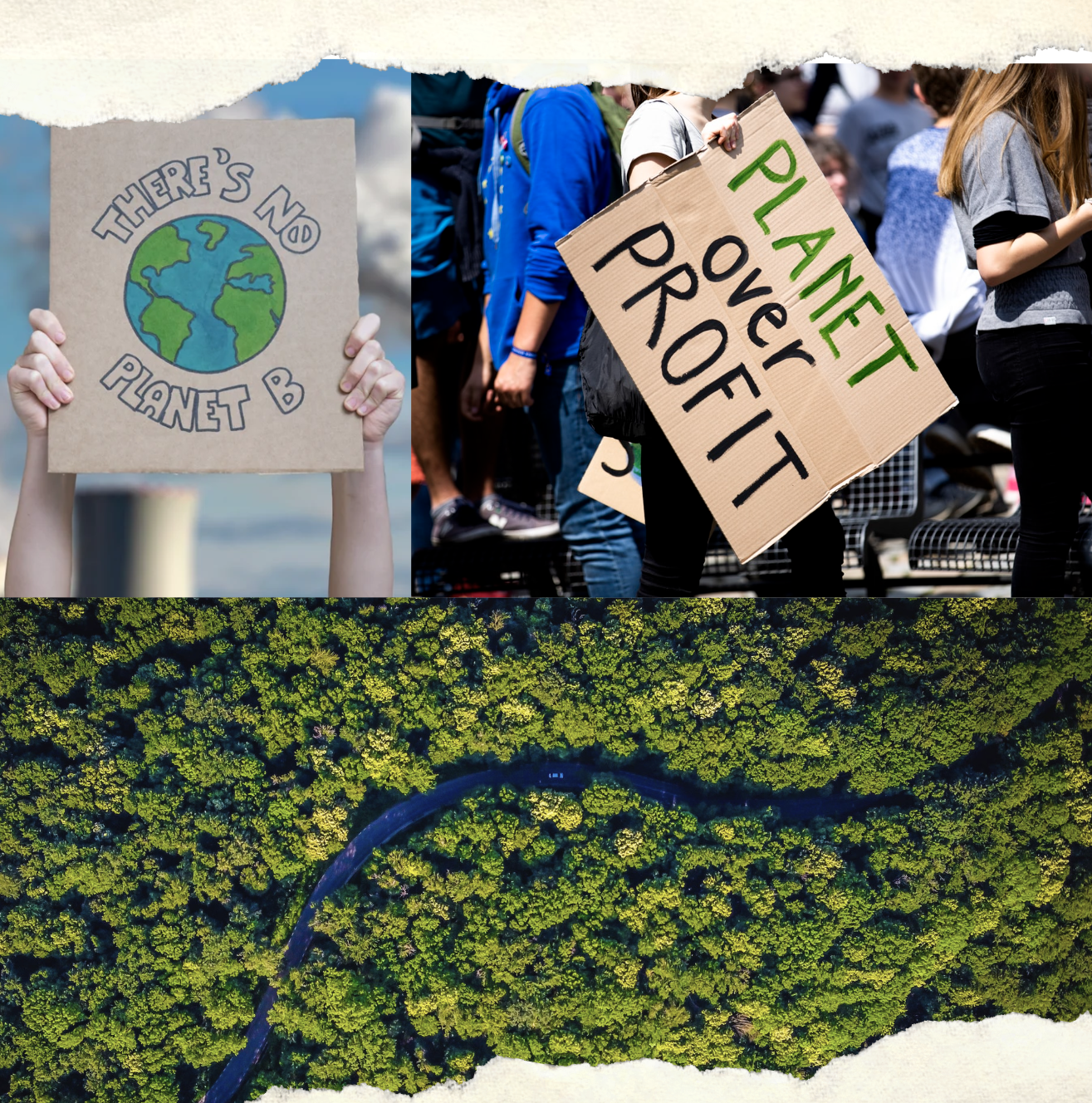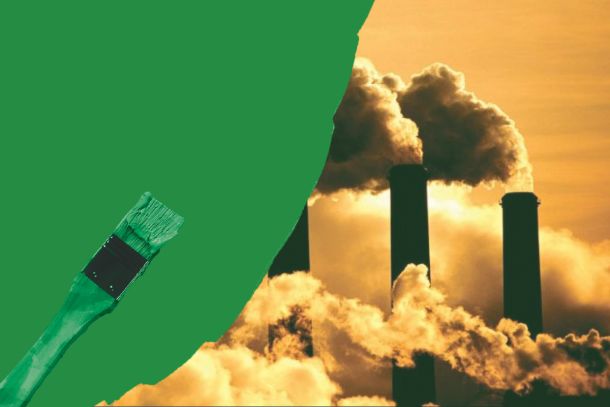Economic Growth vs. Environmental Health: The Inherent Contradictions of Capitalism

Unmasking the Inherent Flaws: Karl Marx’s Perspective on Capitalism’s Economic Crises
The injection of 700 billion dollars by the Bush administration in late 2008 to mitigate the credit crisis initially failed to bring the anticipated calm. On the contrary, panic persisted, and stock markets continued to plummet rapidly. Even the 20 billion euro rescue plan presented by Minister Bos (Finance, PvdA) a week later was not warmly received as a rescue plan: the AEX fell almost 10% after the announcement.
How can that be? Financial analysts rightly pointed to the structural lack of trust prevailing among investors. However, delving into the economic theories of German philosopher Karl Marx reveals that the problem may have been even more fundamental. Marx argued that economic crises like the one in 2008 are inherent to capitalism. In other words, they do not represent the failure of the capitalist system but are its inevitable outcome. Financial injections into that system, therefore, do not help; they only perpetuate the root cause of the problem.
What is capitalism?
To understand Marx’s critique of capitalism, we must first ask what capitalism actually is. The answer begins with the basic idea of the capitalist system: the means of production, and the capital generated from it, are owned by private individuals. This is the most fundamental distinction from other economic systems, such as socialism and communism, where the state partially or fully owns the capital. While no country practices pure capitalism—taxation occurs, and certain means of production are nationalised (gas or water)—in a capitalist economy, capital is predominantly private property.
The underlying concept is simple: private ownership of capital provides individuals with an incentive to increase that capital’s size. Individuals benefit from this because they can reap the profits (partly) for themselves. This may sound selfish, but it is not intended that way: when individuals grow their capital, overall prosperity increases, benefiting everyone. This is the basic principle of capitalism, as formulated by one of its founders, Adam Smith: Private vices yield public benefits—personal sins produce common advantages. Pursuing one’s self-interest ultimately improves society as a whole.
The fundamental goal of the capitalist system is material growth. As everyone seeks to expand their share of the pie, the entire pie, and thus the standard of living of society, grows. The success of this principle has been evident over the past century: since capitalism’s introduction in the West, prosperity has risen at an unprecedented pace. We now take for granted that everyone has enough to eat and drink, can afford shelter, and can even buy luxury goods such as televisions, cars, and distant holidays. Less than two hundred years ago, such luxury for the majority of the population was unthinkable.

Unveiling the Paradox: How Capitalism’s Triumphs Lead to Its Own Downfall and Environmental Crises
However, the same economic growth that can be rightfully called a triumph of capitalism is simultaneously the cause of the greatest crises afflicting the world today. One victim of the continually growing economy is our supply of natural resources: increasing energy consumption depletes oil, and energy gradually becomes unaffordable. Hence, an energy crisis. Another victim of economic growth is the environment: deforestation, overfishing, pollution, and excessive CO2 emissions have led to endangered species, polluted air and seas, and global warming. Thus, an environmental crisis. As Marx predicted, the third victim has become the economy itself. The credit crisis of 2008, which, like in 1929 and 1987, resulted in a recession, is nothing more than a symptom of this.
Now the big question is: how can the economy’s growth come at the expense of the economy itself, and why does this have a negative impact on climate change, among other things? This paradox is explained by what Marx called an intrinsic flaw of capitalism. Because the system’s goal is economic growth, businesses try to maximise their profits. This can be achieved by producing more cheaply and selling more. Cheaper production can be accomplished by investing in oneself: shorter production processes, better machinery, higher production volumes, and cheaper labour reduce the product’s price (and increase sales). More efficiency benefits the financial results—and the shareholders.
The Environmental Toll of Capitalism: Exploring the Nexus of Profit, Growth, and Ecological Consequences
But the problem is: that efficiency often comes at the expense of the environment.
The environment is often perceived as a victim of capitalism due to various interconnected factors. In capitalist systems, the pursuit of profit and economic growth is typically prioritised above environmental conservation. Here’s why the environment tends to suffer under capitalism:
Firstly, capitalism incentives the exploitation of natural resources for economic gain. Industries and businesses seek to maximise profits by extracting resources at an unsustainable rate, leading to environmental degradation such as deforestation, habitat destruction, and pollution.
Secondly, the profit motive inherent in capitalism can lead to short-term decision-making that disregards long-term environmental consequences. Businesses may prioritise immediate financial gains over the long-term health of ecosystems, contributing to issues like climate change, loss of biodiversity, and air and water pollution.
Furthermore, capitalism often externalises environmental costs. This means that the true environmental impact of production and consumption is not fully reflected in the prices of goods and services. As a result, businesses may not be incentivised to invest in environmentally sustainable practices or technologies, leading to further environmental harm.
Moreover, capitalist systems tend to prioritise economic growth above all else, which can perpetuate a cycle of consumption and resource depletion. The pursuit of endless growth in a finite system ultimately leads to environmental degradation and ecological imbalance.
However, it’s important to note that the relationship between capitalism and the environment is complex and multifaceted. While capitalism has undoubtedly contributed to environmental degradation, there are also efforts within capitalist frameworks to promote sustainability and environmental stewardship. Many businesses and policymakers are recognising the need for a transition to a more sustainable economy that values environmental conservation alongside economic prosperity.
How does Marx solve this systematic issue?
The question of why the environment often bears the brunt of capitalist practices and how alternative systems like socialism or communism might offer better environmental outcomes is a complex and debated topic.
In the capitalist framework, where profit is a primary driving force, there tends to be a focus on short-term gains and individual interests. This can lead to the exploitation of natural resources and environmental degradation as externalities—costs not directly factored into business decisions. The pursuit of profit often comes at the expense of long-term sustainability.
Advocates of socialism and communism, drawing from theories like those of Karl Marx, argue for a fundamentally different approach. One key aspect is the potential for central planning in these systems. Centralised decision-making could allow for more coordinated and sustainable use of resources, considering long-term environmental impacts.
Moreover, the idea of public ownership in socialist and communist ideologies means that resources are collectively owned, fostering a shared responsibility for environmental stewardship. This stands in contrast to capitalism, where private ownership might prioritise individual gains over the collective good.
A critical aspect of the debate is the elimination of the profit motive. Capitalism’s profit-driven nature can lead to overconsumption and overproduction, contributing to environmental challenges. By transitioning to systems that aim to eliminate the profit motive, there’s a shift towards meeting societal needs rather than pursuing endless growth, potentially reducing the strain on the environment.
However, it’s crucial to acknowledge that the effectiveness of these alternative systems in promoting environmental sustainability depends on their specific implementations. Critics argue that central planning might lead to inefficiencies, and historical examples of socialist states have shown mixed results in terms of environmental outcomes.
Conclusion: Navigating the Crossroads of Capitalism and Environmental Imperatives
In this exploration of capitalism’s paradoxes and environmental consequences, we find ourselves at a critical crossroads. The inherent contradictions of capitalism, as unmasked by Karl Marx, expose the fragility of a system marked by economic triumphs and ecological downfalls.
In closing, the debate on capitalism’s role in environmental sustainability echoes with urgency. The solutions lie not only in alternative systems but also in reimagining and reforming capitalism itself. The intricate dance between economic systems and ecological well-being requires collective effort and a commitment to finding a harmonious balance that ensures both prosperity and planetary health. The journey ahead demands thoughtful consideration, acknowledging the complexity of the issues at hand and the necessity for holistic solutions.
As we stand at the intersection of economic imperatives and environmental imperatives, the choices we make today will shape the legacy we leave for generations to come.
Interested in reading more on the subject?
- Caught in Our Own Prison: dealing with the climate dilemma.
- It’s OK to be angry about capitalism, Bernie Sanders.
- Ecology against Capitalism, John B. Foster.
- Capitalism Reconnected, Jan Peter Balkenende.
